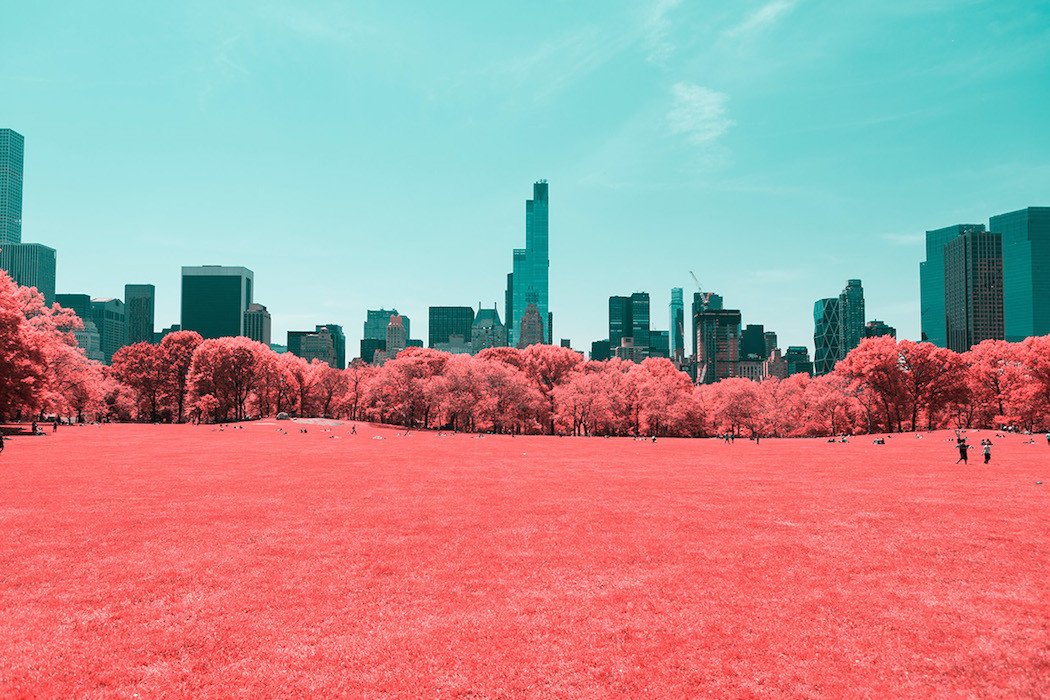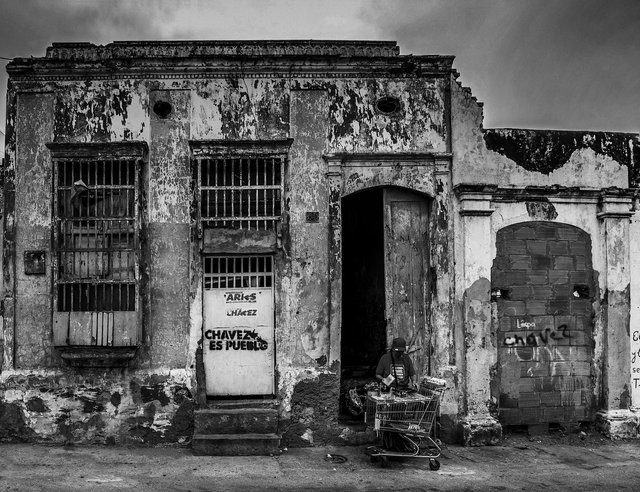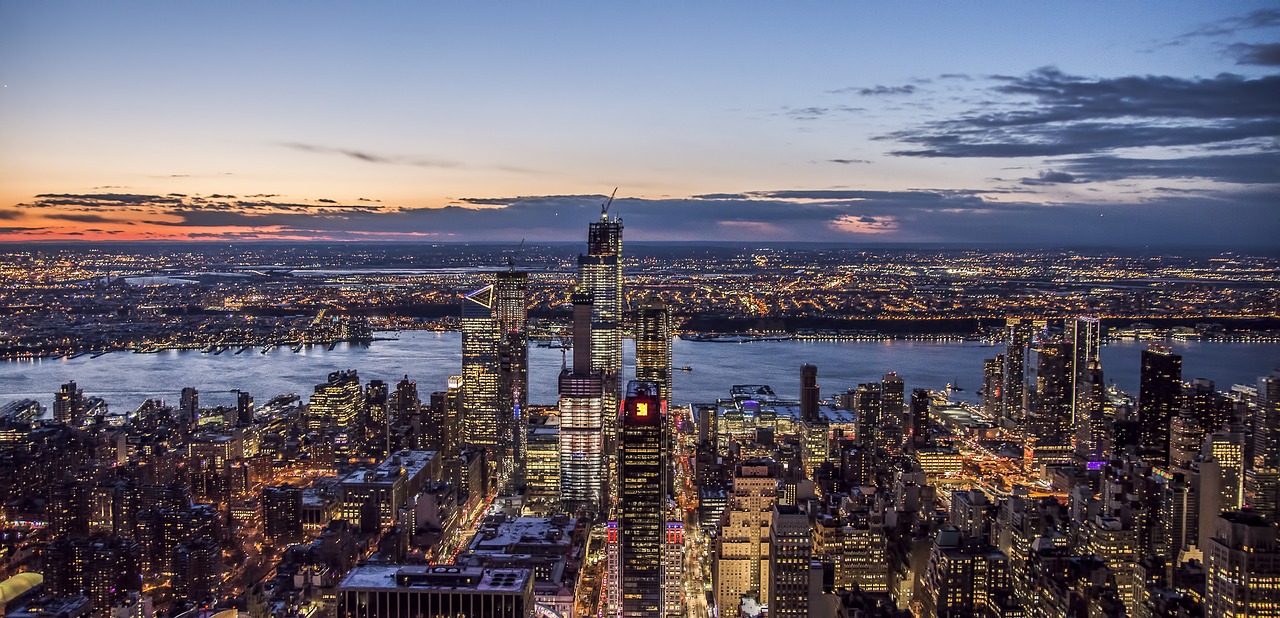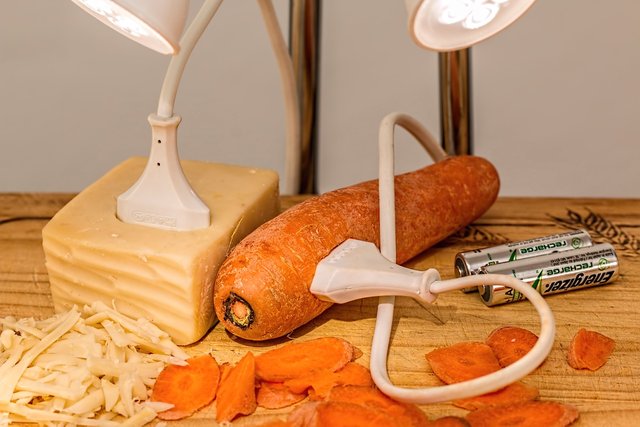
“I believe growing food is one of the most dangerous occupations on Earth, because you’re in danger of becoming free.”
That quote is from a man you’ve never heard of: Jules Dervaes. And it rings true.
Jules is a pioneer in the field of Urban Homesteading, which is the subject I'd like to cover today.
Urban Homesteading has a few attributes that define it:
1. Reclamation of vacated property, aka: the only property you’ll ever be able to afford

If you’ve ever been to a major American city (and I’m sure it’s like this in other countries… but I wouldn’t know), you’ve seen the blighted, abandoned buildings that become a complete sore to what would otherwise be a normal urban neighborhood.
And, if you’re anything like me, you take a look at rising housing and property costs and you wonder if you will ever be able to own your own property in some place other than a plot in the backwoods of some southern trailer park.
Well, in some cities in the country, like New York City, there are programs that make it profitable for industrious people to reclaim blighted urban areas:
As a response to “squatting,” where residents that illegally inhabited vacant buildings helped to revive neighborhoods, the Urban Homestead Program granted up to $10,000 per unit to tenants willing to inhabit and simultaneously renovate vacant city-owned buildings. Participants qualified for the program through an RFP process. After renovation, HPD sold the buildings to the residents for $250 per apartment, and required that the building operate as an HDFC under Article XI laws, including limited equity on resale profits. The classification as an HDFC ensured building affordability for 40 years. HPD developed the Urban Homesteading Program following the decline of Sweat Equity, which was a similar program.

In some cases, people have been able to buy houses for as little as $1 each!
The block had been scheduled for urban renewal, but the 150-year-old houses were saved from demolition when the Nixon Administration stopped funding construction of subsidized housing in 1973. The city, prompted by preservationists, sold the houses for $1 each, but because the houses were so small, homesteaders were allowed to buy and combine two of the 10- to 13-foot-wide, two-story houses.
BALTIMORE'S STORY OF CITY HOMESTAEDING
In this way, Urban Homesteading both benefits citizens who are now able to buy a home when they previously could not (''The only way I could get a house was to homestead,'' from the article above), and it also benefits the city itself by allowing people to redevelop areas that have been abandoned.
2. Self-reliance, sustainability, and freedom

According to UC-Davis:
"an urban homestead is a household that produces a significant part of the food, including produce and livestock, consumed by its residents. This is typically associated with residents’ desire to live in a more environmentally conscious manner."
Some common aspect of urban homesteading are:
- Resource reduction: using solar/alternative energy sources, harvesting rainwater, using greywater, line drying clothes, using alternative transportation such as bicycles and buses
- Raising animals, including chickens, goats, rabbits, fish, worms, and/or bees
- Edible landscaping: growing fruit, vegetables, culinary and medicinal plants, converting lawns into gardens
- Self-sufficient living: re-using, repairing, and recycling items; homemade products
- Food preservation including canning, drying, freezing, cheese-making, and fermenting
- Community food-sourcing such as foraging, gleaning, and trading
- Natural building
- Composting
Urban Homesteading: Sustainable living in the city

As the Dervaes’ family points out, these principles of Urban Homesteading pay off in the long run with these annual results from their 1/10th of an acre lot:
- Over 6,000 lbs of produce
- Over 2,000 eggs
- 25 - 50 lbs of honey
- Over $75,000 in savings
- 99% of produce
- Over 400 flora varieties
- $20,000 + in gross sales
Permaculture Garden Produces 7000 Pounds of Organic Food Per Year on a Tenth of an Acre
So not only do you end up with a massive decrease in annual expenses, you also end up with a net profit from the excess of your production!
What could be better?!?!?!
While a tad cheesy…
This documentary, while loaded with terrible dictation (these folks are not actors, they’re passionate idealogues), is a great primer and history of Urban Homesteading that’s worth your time and attention.
In many ways, I find this sort of experiment to be the pinnacle of basic human intelligence. A homesteaders mindset is one of flexibility, adaptation, and maximization of available resources, which I interpret as the foundations of human intelligence.
What do you think?
Give me your thoughts on Urban Homesteading.
I honestly see it as the solution to man, many of our modern problems, but I’m curious what you think!
Let me know in the comments below.
Image credit: Pixabay, amazing, free-to-use photo gallery.
Nicely summarised - I agree that urban homesteading should be part of the future... anyone can grow plentiful greens with just a balcony!
There's also a few inspiring examples of roof gardens here in the UK - one in Reading I went to had over 100 varieties of plants.
Although personally I'm moving more rural. Want to upscale my growing.
Downvoting a post can decrease pending rewards and make it less visible. Common reasons:
Submit
That's awesome!
Despite all of their faults, I believe humans are still capable of using their technological brains for good.
Downvoting a post can decrease pending rewards and make it less visible. Common reasons:
Submit
Are you familiar with Ron Finley? This reminds me a lot of what he's been doing ...
I would love to see this urban homesteading trend pick up!
Downvoting a post can decrease pending rewards and make it less visible. Common reasons:
Submit
There seems to be a trend of normal urban / suburban people seeking respite from the alienation of modern technological life. I have not heard of this man before, but I will research him now!
Downvoting a post can decrease pending rewards and make it less visible. Common reasons:
Submit
This is an awesome idea. I live in California so I will research for this area. I have always looked at my backyard and wondered how my production could come from a small post size lot. I think a combination of vertical farming, and extreme plant density is the answer to production issues in urban farming. It will be great to get my green thumb out again and plant! I happily shared this with my followers :)
Downvoting a post can decrease pending rewards and make it less visible. Common reasons:
Submit
My father is a farmer and I remember my mother nagging my father to grow some of our stuff. Although my father was reluctant at first but he relented and I remember that time. It too didn't last long and we went back to 100% market bought food.
In the end that experience put this little dream in my head to grow my own food someday.
Downvoting a post can decrease pending rewards and make it less visible. Common reasons:
Submit
It's an idelic dream -- and one that's actually achievable!
Downvoting a post can decrease pending rewards and make it less visible. Common reasons:
Submit
When my husband found out he had Celiac's we started out with a small little garden. It was also so I could have fresh peas, since let's face it the canned ones taste horrible. I have memories of weeding grandpa's garden and cracking open shells to reveal the fresh peas. I'd sneak more than I cracked, but it was the experience that made it worthwhile. Thankfully we live on the outside of city limits with a bit of land. We are slowly adding fruit trees and shrubs and other small gardens. We even got a grant for a greenhouse we are planting at the moment. Everything starts with a wish and a hope before the dream is realized.
Downvoting a post can decrease pending rewards and make it less visible. Common reasons:
Submit
That sounds great! 🤗
Color me jealous.
Downvoting a post can decrease pending rewards and make it less visible. Common reasons:
Submit
Be impressed with your photographs, they are really wonderful, "seeing the world with different eyes"
Downvoting a post can decrease pending rewards and make it less visible. Common reasons:
Submit
We are just visitors on Earth. It's amazing and scary though, that if all the people would disappear from Earth in 500 years there would literaly be no proof of our existence. Earth would heal itself
Downvoting a post can decrease pending rewards and make it less visible. Common reasons:
Submit
We are more than visitors ... we are suppose to be the guardians of this earth ... but, instead, we ended up being partakers of her destruction.
Downvoting a post can decrease pending rewards and make it less visible. Common reasons:
Submit
So sad… I hope we can turn this around.
Downvoting a post can decrease pending rewards and make it less visible. Common reasons:
Submit
That's kind of a metaphysical point, too, when you think about it.
Downvoting a post can decrease pending rewards and make it less visible. Common reasons:
Submit